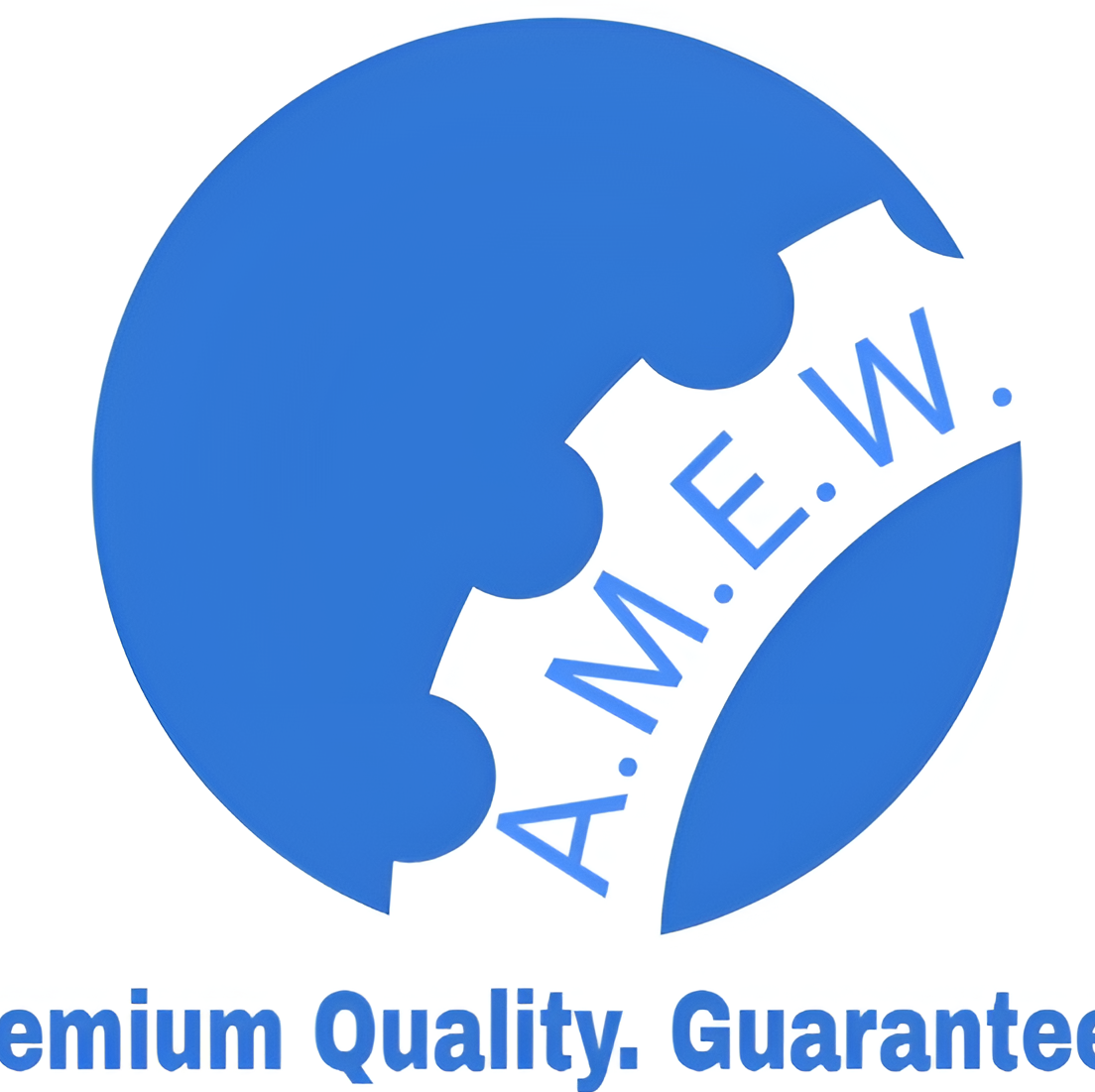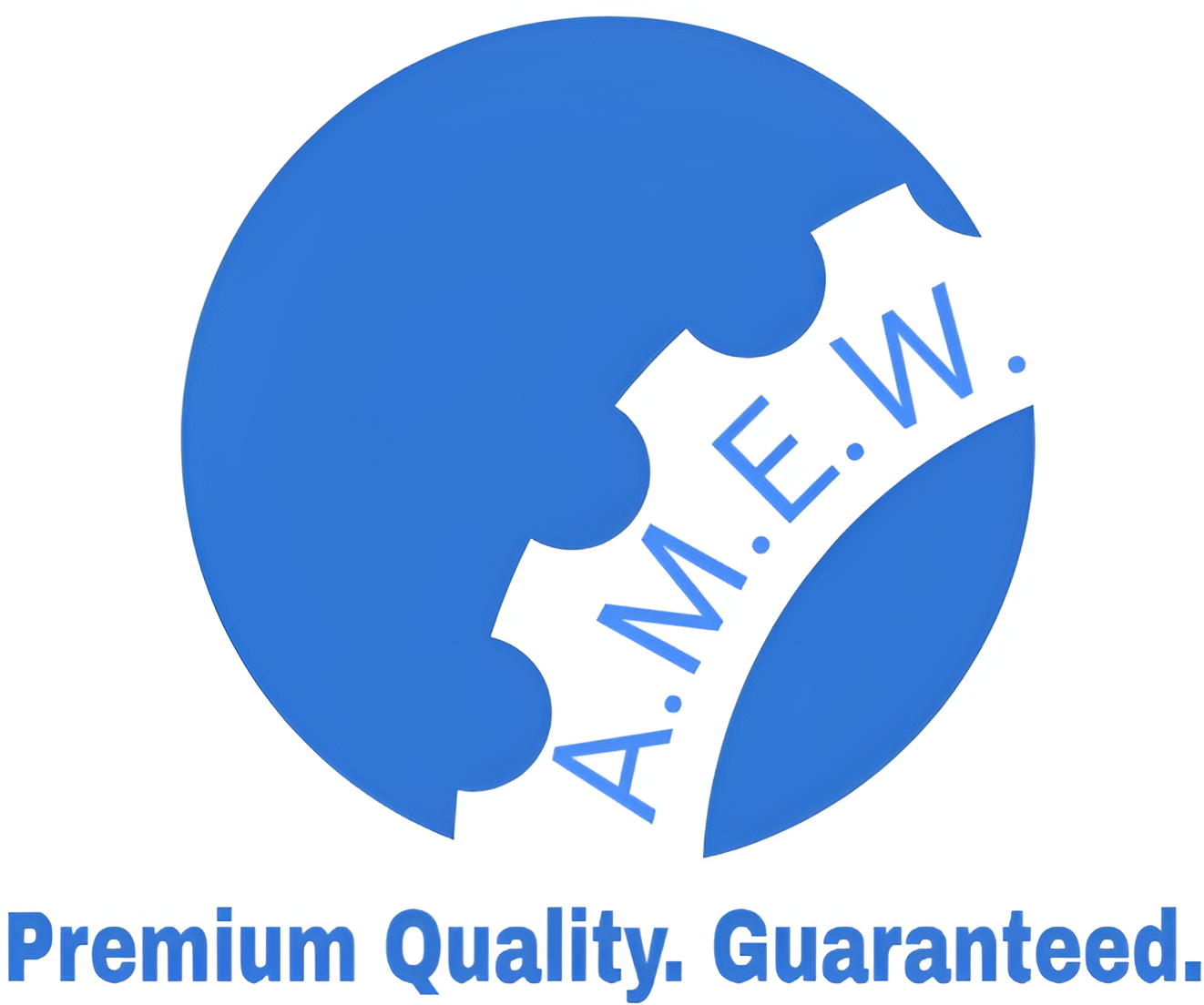Forged Hollow Cylinders: A Comprehensive Guide for Industry Professionals
Forged hollow cylinders are the backbone of various industries, from automotive and aerospace to oil and gas. Their strength, durability, and versatility make them indispensable for countless applications. But what exactly are they, and why should designers, procurement managers, and engineers care?
This guide will walk you through everything you need to know about forged hollow cylinders—from their benefits and manufacturing processes to design considerations and real-life case studies. Whether you’re sourcing materials or designing components, this article will provide actionable insights to help you make informed decisions.
What Are Forged Hollow Cylinders?
Forged hollow cylinders are cylindrical components with a hollow center, created through a forging process. Forging involves shaping metal using compressive forces, typically delivered through hammering or pressing. This technique enhances the material’s mechanical properties, such as strength, toughness, and resistance to fatigue.
Unlike other manufacturing methods, forging refines the grain structure of the material, making forged hollow cylinders stronger and more reliable than those made through casting or machining.
Key Features:
- High strength-to-weight ratio
- Enhanced durability and resistance to wear
- Seamless structure, reducing the chance of imperfections
Benefits of Using Forged Hollow Cylinders
Why do so many industries choose forged hollow cylinders over alternatives like castings or weldments? The answer lies in the numerous advantages they offer:
1. Superior Strength and Durability
The forging process refines the metal’s grain flow, aligning it to follow the cylinder’s contours. This improves load-bearing capacity and makes forged hollow cylinders highly resistant to fatigue and stress fractures.
2. Seamless Construction
Unlike welded or cast components, forged cylinders are free from seams and voids, significantly reducing the risk of failures under pressure or extreme conditions.
3. Cost-Effectiveness
Although forging may have a higher upfront cost compared to casting, the reduced need for maintenance and longer service life translate into significant cost savings over time.
4. Material Efficiency
Forging minimizes material waste by focusing on near-net shapes, which can save on raw material costs and reduce environmental impact.
5. Customization
From varying wall thicknesses to different diameters, forged hollow cylinders can be tailored to meet unique application requirements.
Applications Across Industries
Forged hollow cylinders are used in a variety of demanding applications where strength, durability, and precision are critical.
1. Oil and Gas
These cylinders are essential in drilling and extraction equipment, offering the reliability needed in high-pressure environments such as pipelines or downhole tools.
2. Aerospace
Aircraft landing gear, turbine discs, and other structural components benefit from the lightweight yet durable attributes of forged hollow cylinders.
3. Automotive
Forged hollow cylinders are widely used in engine components, such as transmission systems and crankshaft bearing supports.
4. Energy
From wind turbines to hydroelectric plants, forged hollow cylinders play a role in the production of clean energy by providing robust components for generators and turbines.
5. Heavy Machinery and Construction
Forged components are integral in the manufacturing of cranes, excavators, and other heavy machinery that require robust support under intense loads.
Materials and Manufacturing Processes
The choice of materials and manufacturing processes has a significant impact on the final characteristics of forged hollow cylinders.
Common Materials
- Carbon Steel: Popular for general-purpose applications due to its strength and affordability.
- Stainless Steel: Ideal for high-corrosion environments, such as marine or chemical industries.
- Alloy Steel: Provides enhanced strength and toughness for high-stress applications.
- Titanium: Lightweight and corrosion-resistant, popular in aerospace and medical applications.
Manufacturing Methods
- Open-Die Forging
Suitable for large components, open-die forging involves shaping the metal using large hammers or presses without enclosing the material in a mold.
- Closed-Die Forging
This process captures the material in a die, enabling the creation of more complex shapes with tighter tolerances.
- Ring Rolling
Specifically designed for hollow cylindrical shapes, ring rolling expands the material into the desired cylindrical form while maintaining uniform strength.
Design Considerations and Specifications
When designing forged hollow cylinders, several factors must be considered to ensure optimal performance:
- Wall Thickness
Uniform thickness can prevent stress concentration and improve overall durability.
- Tolerances
Specify tight tolerances to meet performance requirements, especially in high-precision industries like aerospace.
- Surface Finish
A smooth surface finish reduces the risk of corrosion and wear, ensuring a longer lifespan.
- Material Selection
Choose materials based on the specific mechanical, thermal, and corrosive requirements of your application.
Quality Control and Testing
High-quality forged hollow cylinders undergo rigorous testing to ensure they meet safety and performance standards.
Common Testing Methods:
- Ultrasonic Testing (UT): Detects internal flaws or voids.
- Magnetic Particle Inspection (MPI): Identifies surface and near-surface defects.
- Hardness Testing: Verifies uniform material hardness across the component.
- Tensile Testing: Assesses material strength and elongation properties.
Case Studies or Examples
Oil and Gas Success Story
A leading oil company needed durable components for a deepwater drilling rig. By switching from cast to forged hollow cylinders, they reduced failures by 40% and extended the lifecycle of their drilling equipment by 30%.
Aerospace Excellence
An aerospace manufacturer incorporated forged hollow cylinders in their turbine design, achieving a 20% weight reduction without compromising strength, leading to better fuel efficiency.
Future Trends in Forged Hollow Cylinders
With advancements in materials science and manufacturing technologies, forged hollow cylinders are set to become even more versatile and efficient.
Emerging Trends:
- 3D-Printed Forging Dies: Reducing lead times and enabling complex designs.
- Advanced Alloys: Developing new materials that combine lightweight properties with extreme durability.
- Sustainability: Increased use of eco-friendly materials and waste-reducing processes.
The Future with Forged Hollow Cylinders
Forged hollow cylinders are not just components; they are the building blocks of innovation across multiple industries. From reducing costs to enhancing performance, their benefits are undeniable.
At [Your Company Name], we specialize in producing high-quality forged hollow cylinders tailored to your specific needs. Whether you’re in aerospace, automotive, or energy, our expert team is here to help you find the perfect solution.
Have questions? Contact us today to discuss your project requirements.
FAQ
Q. What’s the advantage of forged hollow cylinders over cast components?
A. Forged cylinders offer superior strength, durability, and a seamless construction that eliminates weaknesses common in cast parts.
Q. Can forged hollow cylinders be customized?
A. Yes, forged cylinders can be tailored in terms of material, dimensions, tolerances, and surface finishes to meet your unique application requirements.
Q. What industries benefit the most from forged hollow cylinders?
A. Industries like oil & gas, aerospace, automotive, and energy greatly benefit due to the durability and performance these cylinders provide.
Q. How do I choose the right material for my cylinder?
A. The material depends on your application’s requirements, such as strength, corrosion resistance, and environmental exposure. Consult with our experts for guidance.

